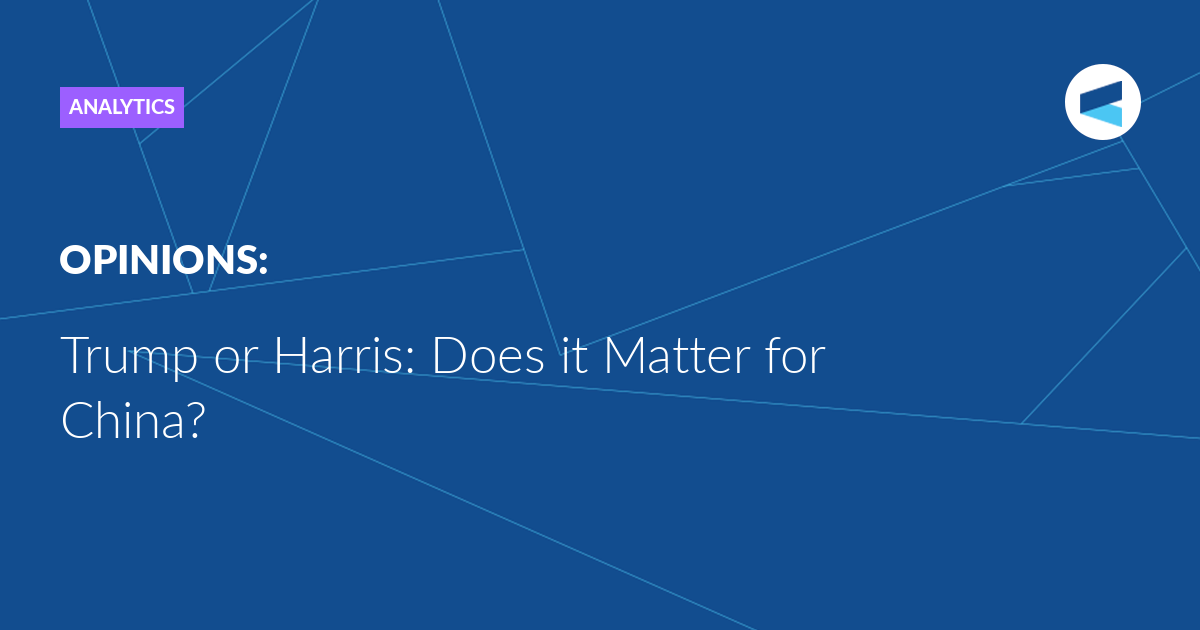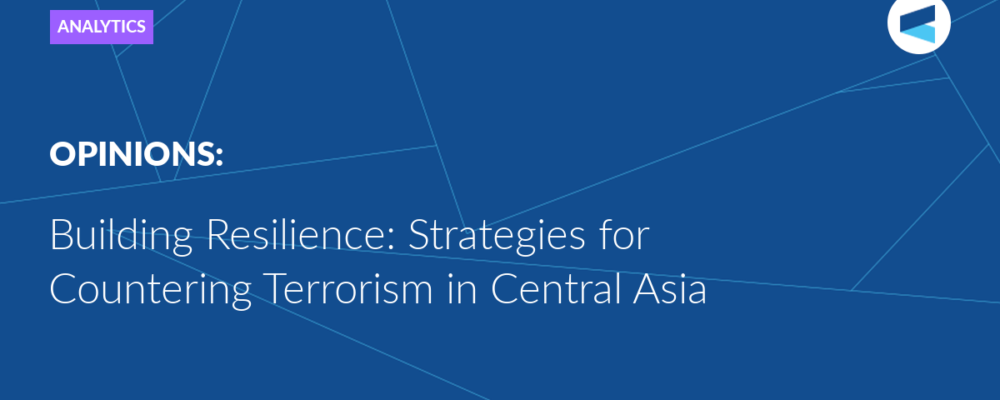Trump changed the approach to China both at the doctrinal level and at the level of practical policy. In doctrinal terms, Trump exacerbated all the comments that were previously made about the PRC in a cautious and delicate manner: China is an authoritarian country with a communist regime that has little in common with American values. The rise of the PRC is a problem and a challenge for the United States. China’s overseas projects, such as the Belt and Road project, are a means of economic expansion for the Celestial Empire that must be contained. China’s economy itself is unfair because it ignores market values and develops at the expense of others, including the United States. China’s technological growth is also a problem for the United States because it is used for military and political purposes, which means that China must be forced to “run slower” or at least not to get American technologies that are necessary for China’s development.
The practical measures taken were in line with these doctrinal guidelines. The US Department of Commerce’s Entity List included the Chinese telecommunications giant Huawei and its subsidiaries. Huawei and a number of other companies were restricted in the acquisition of US semiconductors as well as those developed using American technology. Based on the provisions of PL 105-261 of 1998, the administration compiled a list of “Chinese Communist military companies.” It included large companies in the fields of telecommunications, aircraft manufacturing, shipbuilding, engine manufacturing, etc. They were prohibited from raising capital on the US stock market. In addition, Trump imposed bans on the Chinese communications services WeChat and TikTok. Congress, in turn, passed legislation regarding the problems allegedly facing ethnic minorities in the Xinjiang Autonomous Region of the PRC, as well as on the issue of Hong Kong’s autonomy. The administration used blocking financial sanctions to target Chinese officials on both issues. The sanctions were launched in parallel with the US-China trade war, which was effectively initiated by Trump and aimed at balancing the trade balance between the two countries. The COVID-19 epidemic provoked another attack on China. Trump, a number of members of Congress, and even individual US states directly accused Beijing of spreading the pandemic, concealing important facts about it, and persecuting those who wanted to tell what Americans considered the truth.
In the 2020 elections, Trump used China as a scapegoat and a culprit in developing a foreign policy during his election campaign. He lost the election, and the winner, Joe Biden, somewhat reduced the intensity of passion. New blocking sanctions were introduced in an extremely limited manner, the list of “military companies” was not actively replenished, and Trump’s decrees on WeChat and TikTok were cancelled. However, the legal architecture of the sanctions itself remained unchanged. The state of emergency on security in the field of telecommunications remained in force, albeit without a direct mention of China. The laws on the Xinjiang Autonomous Region and Hong Kong have not gone anywhere. The supply of semiconductors to Chinese telecom giants is still prohibited. The ban on TikTok was eventually enshrined in a federal law and signed by the president. US authorities have been actively using secondary sanctions against Chinese companies in cooperating with Russia since the start of the special military operation in 2022. In other words, the Biden administration was much more restrained in its anti-Chinese rhetoric. However, it did not change the structure of sanctions pressure on China. The problems that generated the sanctions were not resolved.
The Valdai Discussion Club was established in 2004. It is named after Lake Valdai, which is located close to Veliky Novgorod, where the Club’s first meeting took place.
Please visit the firm link to site






